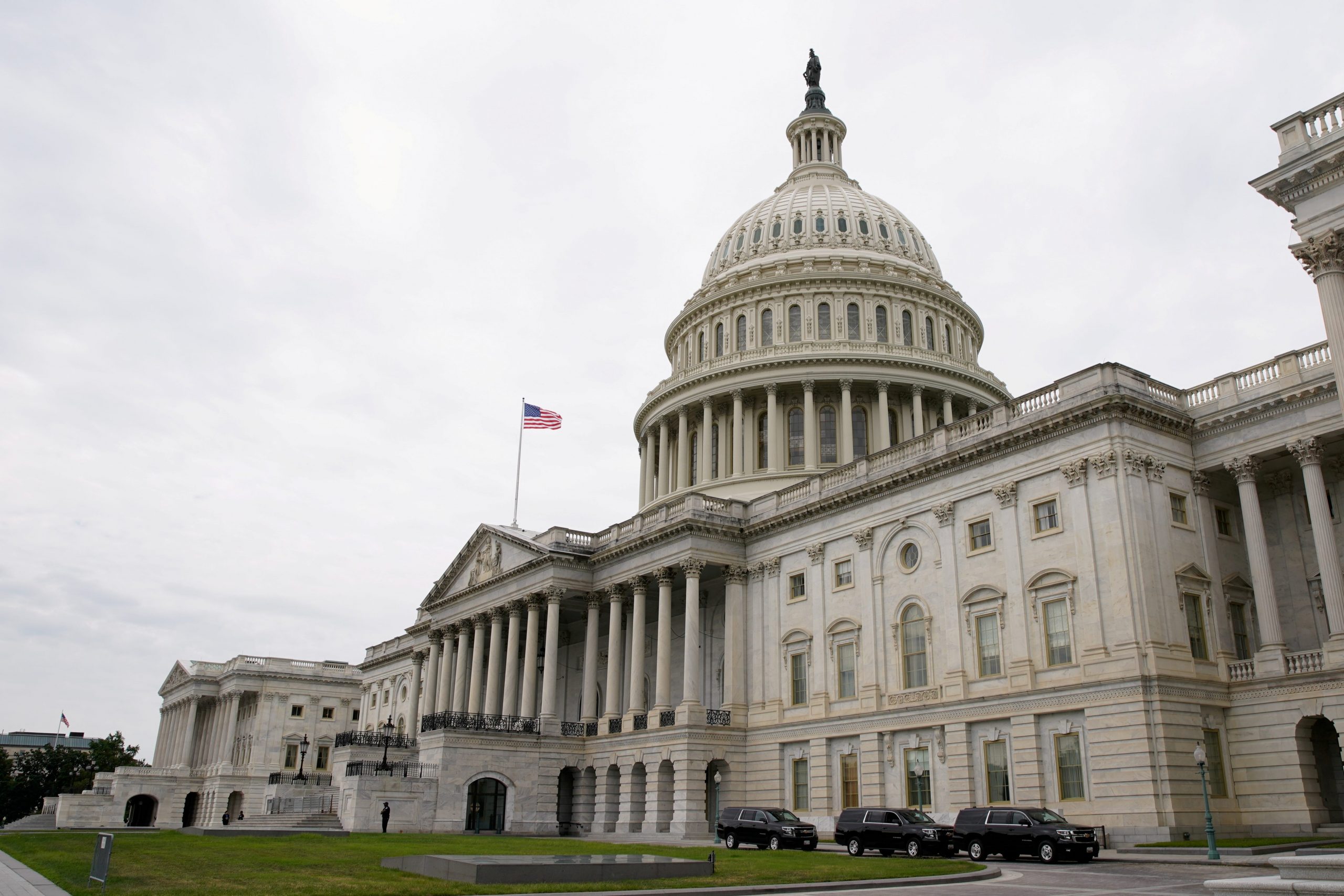
Elizabeth Frantz/Reuters
- Crypto leaders said new tax provisions in the Senate infrastructure plan were an "imminent threat."
- The Senate bill added new reporting rules for crypto trading firms and brokers.
- The estimated $28 billion in new taxes would help fund President Joe Biden's infrastructure package.
- See more stories on Insider's business page.
Cryptocurrency organizations on Friday asked Congress to reconsider language in the Senate's infrastructure bill that posed an "imminent threat" to the industry.
President Joe Biden's $1.2 trillion infrastructure package, which includes hundreds of billions in funding for roads, railways, and broadband access, would be partly financed by increasing revenue from taxes on cryptocurrencies, according to The White House.
The Senate bill last week added new rules for crypto trading firms and brokers. They'd have to report additional information about some transactions, including those over $10,000.
The updates could bring in about $28 billion in new tax revenue in its first decade, Bloomberg News and The New York Times reported.
The Blockchain Association on Friday posted an open letter, saying: "What Congress is considering with this measure is not a new tax on the cryptocurrency industry. Instead, it puts new reporting requirements on individual players in the industry who have no way to comply."
Kristin Smith, the association's executive director, said in a Thursday statement that the crypto industry was "eager" to see updated guidance for exchanges' reporting to the IRS. But the bill's language was "hastily drafted," she said.
Jerry Brito, executive director of the Coin Center thinktank, said the draft language was "so broad" that it would add new reporting for many organizations that "have no visibility into users' transactions."
Smith added: "So not only will these types of reporting requirements push businesses and jobs overseas - ceding American leadership in the crypto space to our international competitors - it won't collect the $28 billion Congress thinks they'll bring in."
Dit artikel is oorspronkelijk verschenen op z24.nl
